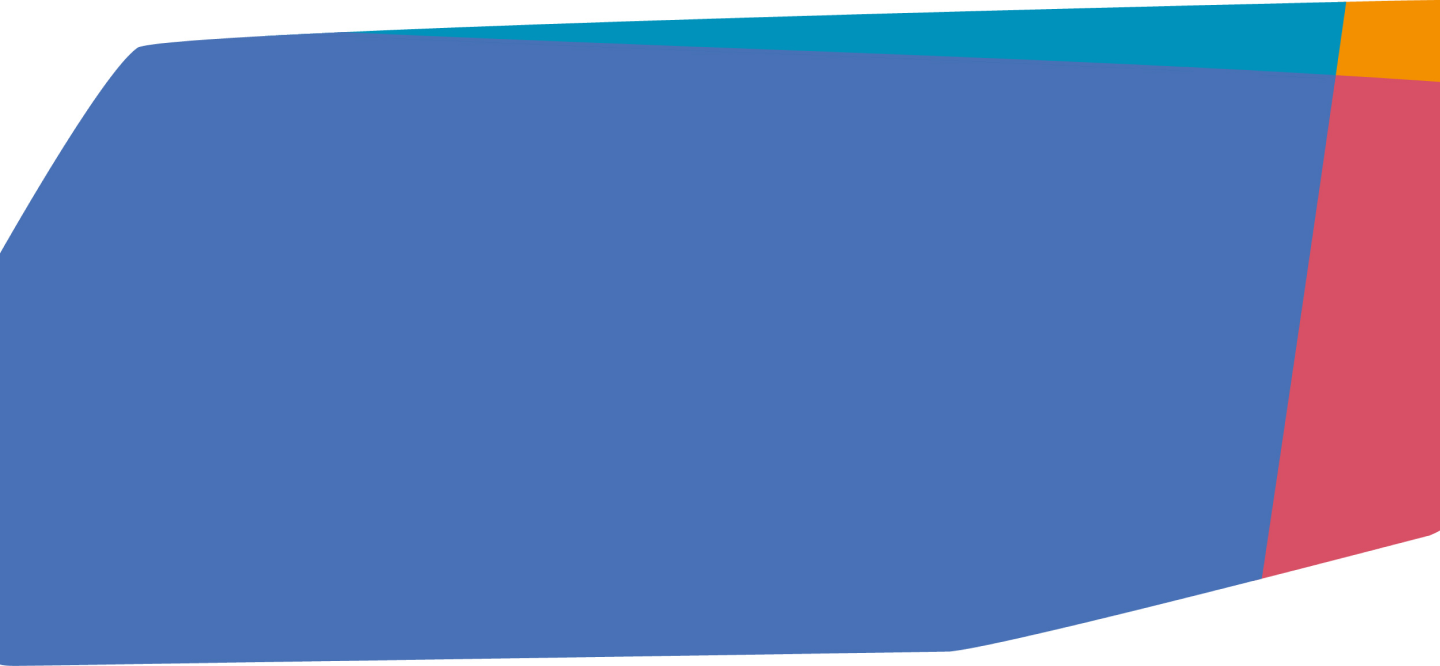empower
Doctors' Training
Start: February 29, 2024
The medical training program is a two-year training course for medical specialists, assistant doctors and medical students. A systematic curriculum is used to teach the basics, working methods and practical skills with the aim of applying anthroposophic medicine independently.
From the holistic anamnesis to the integrative therapy concept
After seven years of medical training in Arlesheim, we are moving into the future with a new training concept: Anthroposophic medicine practice-oriented - individual, integrative, holistic and evidence-based.
The medical training program at the Arlesheim Clinic is designed as an in-service development path over two years and teaches the basics and practical skills of anthroposophic medicine. It comprises twelve modules (6 weekends, 5 block weeks). The training enables the acquisition of the certificate "Doctor of Anthroposophic Medicine".
Frequently asked questions about training
-
The medical training is aimed at medical specialists and residents as well as medical students
(recommended from the 3rd year of study). -
Part-time training over two years
12 modules (six weekends and five block weeks)
Training location: Arlesheim near Basel (CH), the remedies week takes place in the Swiss Alps
Optional self-study in the interim periods with the help of our learning portal (texts and videos for in-depth study, time required 4h/month)
Optional work shadowing opportunities in an anthroposophical clinic or practice
-
Acquire the basics and concepts of anthroposophic medicine
Understanding patients holistically in anamnesis, extended physical examination and therapy
Develop integrative therapy concepts
Study of the natural kingdoms, knowledge of basic remedies and pharmaceutical processes
Interprofessional cooperation, social laws and their significance for everyday medical practice
Basic spiritual exercises for attention, inner peace and meditation, professional meditations to enhance intuition
Understand the significance of illness for individual biography and development
-
Anthroposophic medicine is integrative medicine. It was initiated 100 years ago at the Arlesheim Clinic by the doctor Ita Wegman and the cultural reformer and founder of anthroposophy Rudolf Steiner. Today it is practiced in over 80 countries worldwide. It expands university medicine to include holistic aspects of the physical, vital, mental and spiritual dimensions of the human being. In practice, this leads to extended diagnosis and treatment options in a multi-professional team. In addition to modern medicinal therapy and interventional procedures, phytotherapeutic, homeopathic and specific anthroposophical remedies, nursing applications, lifestyle advice, body, movement and art therapies as well as discussion work on psychosocial and spiritual aspects are used.
-
We work with a multifaceted didactic approach with classical lectures, moderated insight workshops, reflective, artistic and meditative exercises, plenary discussions, mentored small groups for text work and nature observations, practical remedy preparation, patient discussions on described and real cases with bedside teaching
-
Specialist doctor CHF 11 000.-
Assistant doctor CHF 8 500.-
Medical student CHF 5 500.-The course costs include participation in the modules, including refreshments during breaks and access to all learning materials and the online media library. Any costs for travel, accommodation and main meals are to be borne by the participant.
Financial restrictions should not prevent anyone from participating. If necessary, we are happy to help arrange possible scholarships.
-
Our curriculum fulfills the "Benchmarks for Training in Anthroposophic Medicine" of the World Health Organization (WHO), the "Core Curriculum" of the Medical
Section of the School of Spiritual Science as well as country-specific requirements for the acquisition of the certificate of competence "Physician for Anthroposophically Advanced Medicine VAOAS/SIWF" in Switzerland and for
Germany the certificate "Anthroposophic Medicine" (GAÄD). -
Participants residing in Switzerland have the option of contacting the Association for the Promotion of Anthroposophic Medicine.
www.foerderverein-anthromedizin.chFor participants from Germany and other European countries, the IfAAM (Initiative for Education AM) offers various grants and scholarships.
www.ifaam.org
Dates
2024
Module 1: 29.02. - 03.03. Man and Life (start: Thu 18h)
Module 2: 19.04. - 21.04. Man and Soul
Module 3: 07.06. - 09.06. Man and Spirit
Module 4: 27.06. - 30.06. Nature Excursion (start: Thu 18h)
Module 5: 16.08. - 18.08. Constitution and destiny
Module 6: 20.09. - 22.09. Illness and development
Module 7: 14.10. - 20.10. Practical training week
Module 8: Optional observation and practical training period
2025
Module 9: 17.03. - 23.03. Medicine and Earth
Module 10: 30.06. - 06.07. Remedies Week
Module 11: 20.10. - 26.10. Medicine and Society
2026
Module 12: 19.01. - 25.01. Medicine and spirituality
The modules, which build on each other, can also be made up in a later year if necessary, which means that the training can be organized individually over a longer period of time.
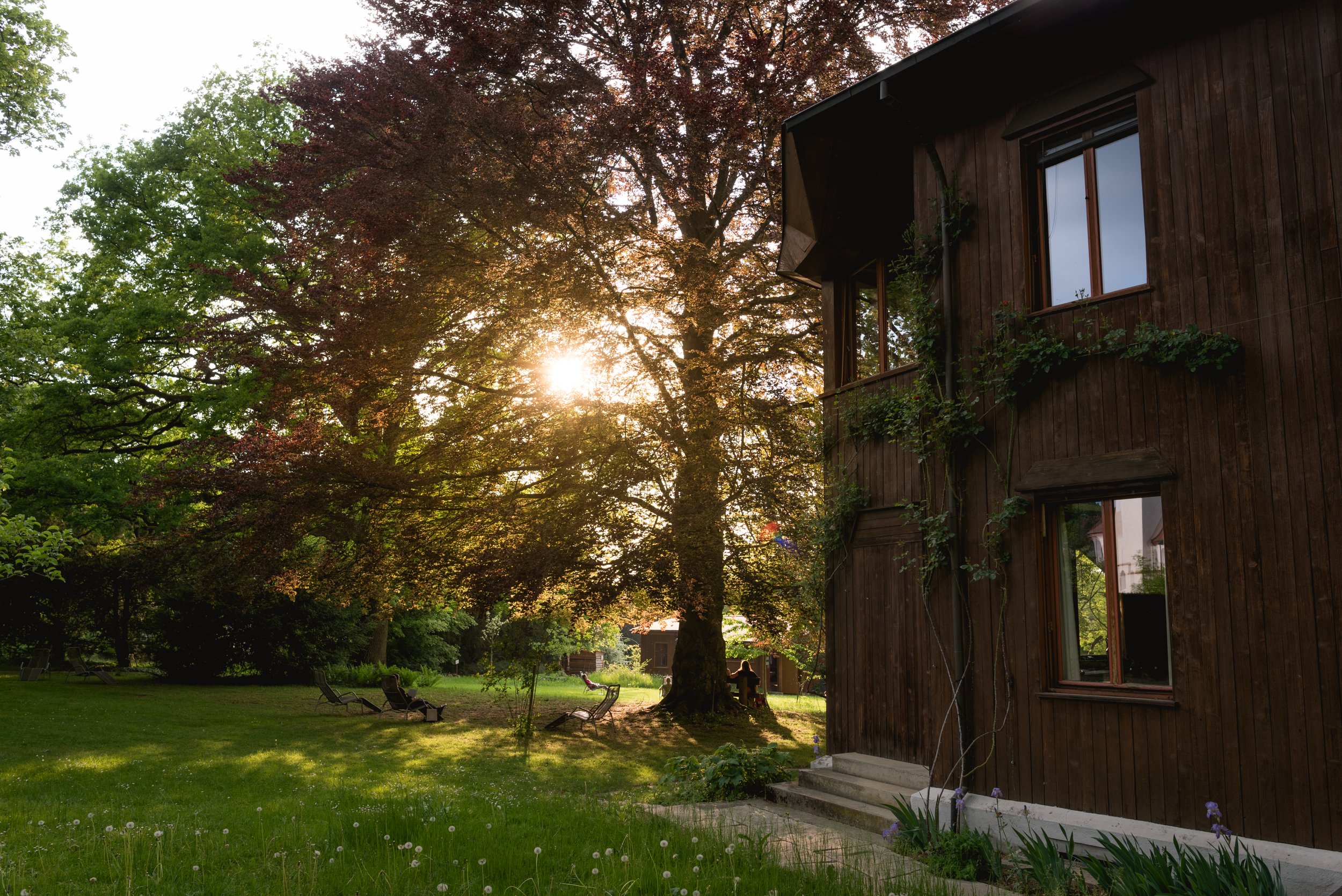
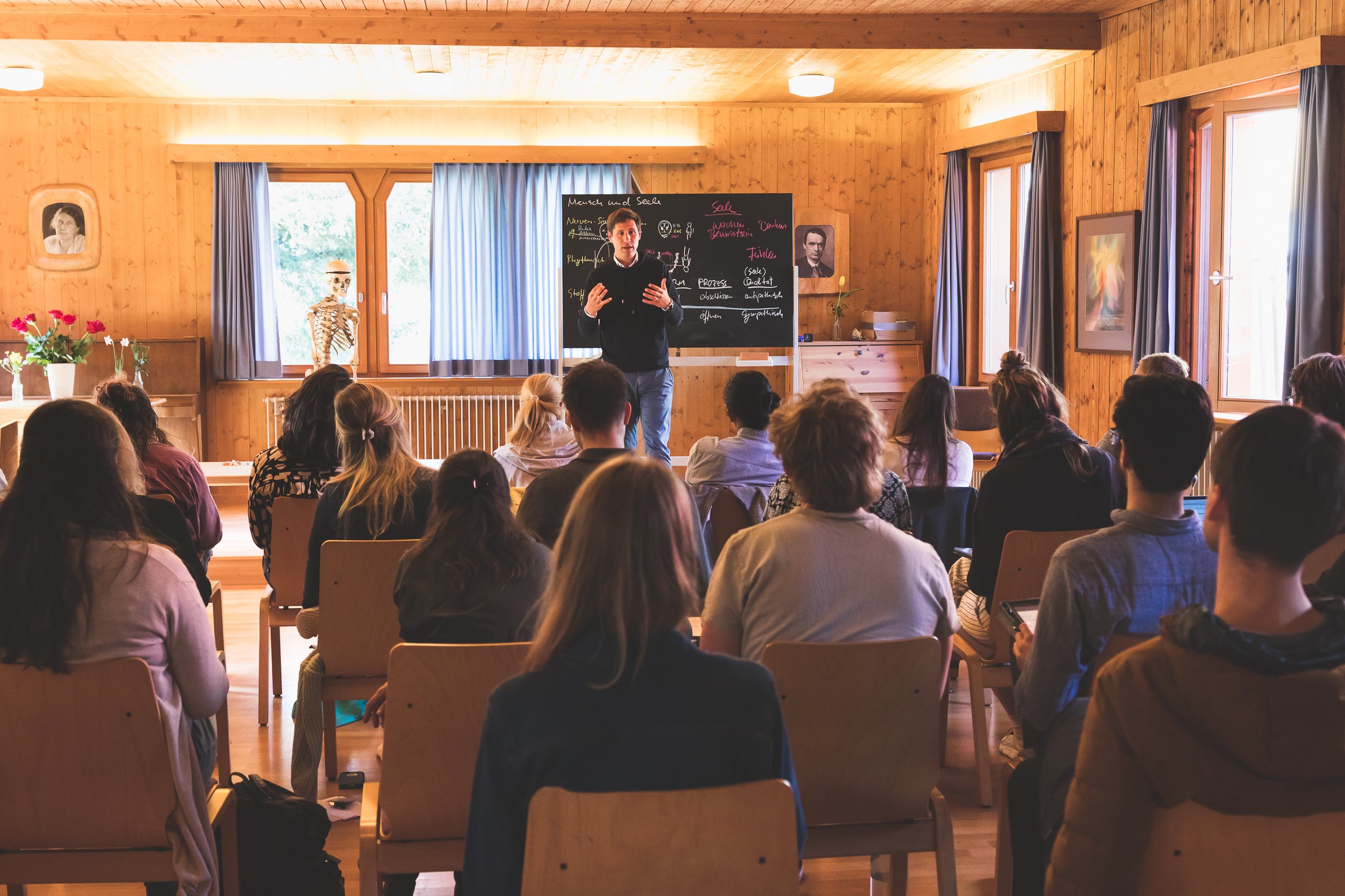
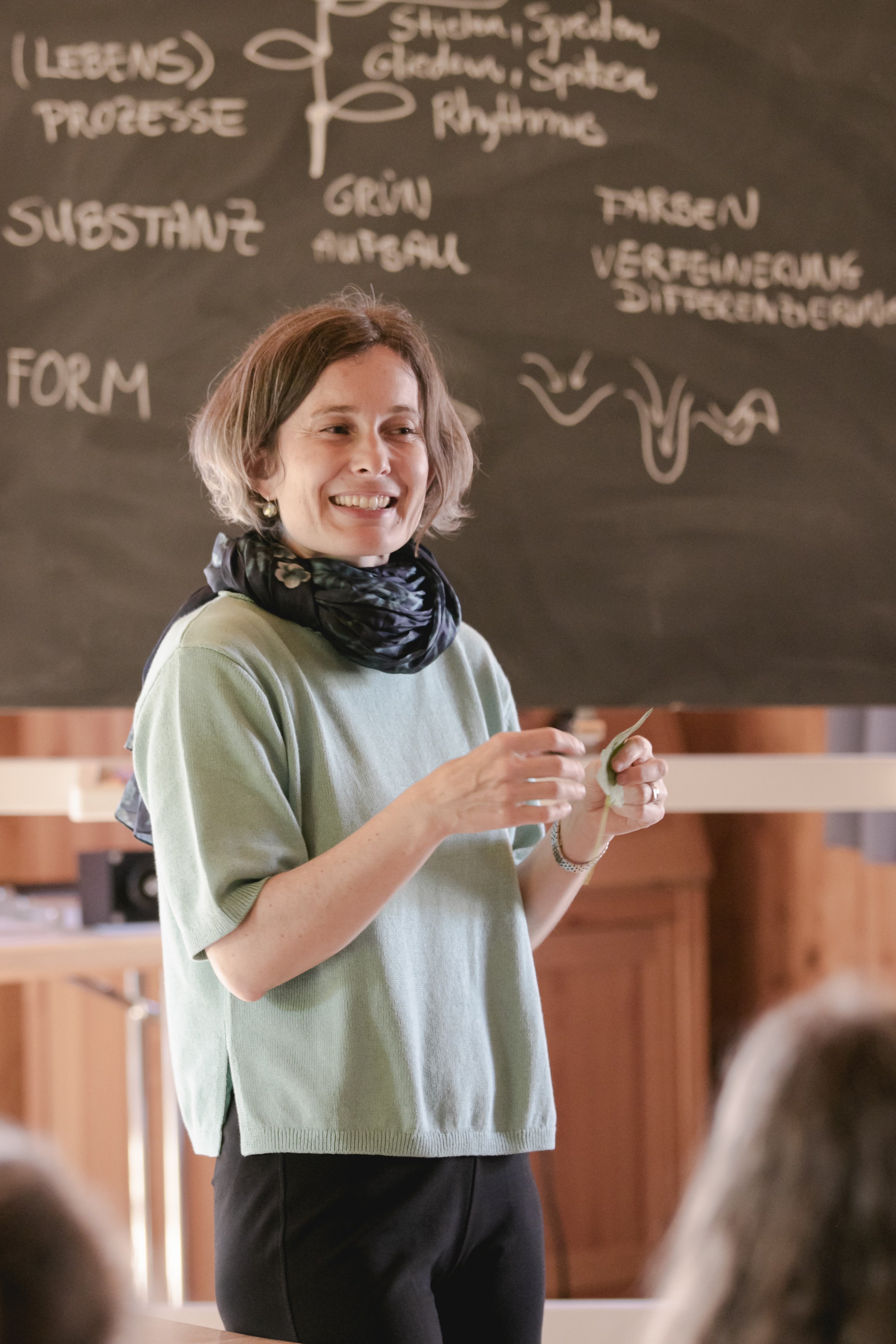
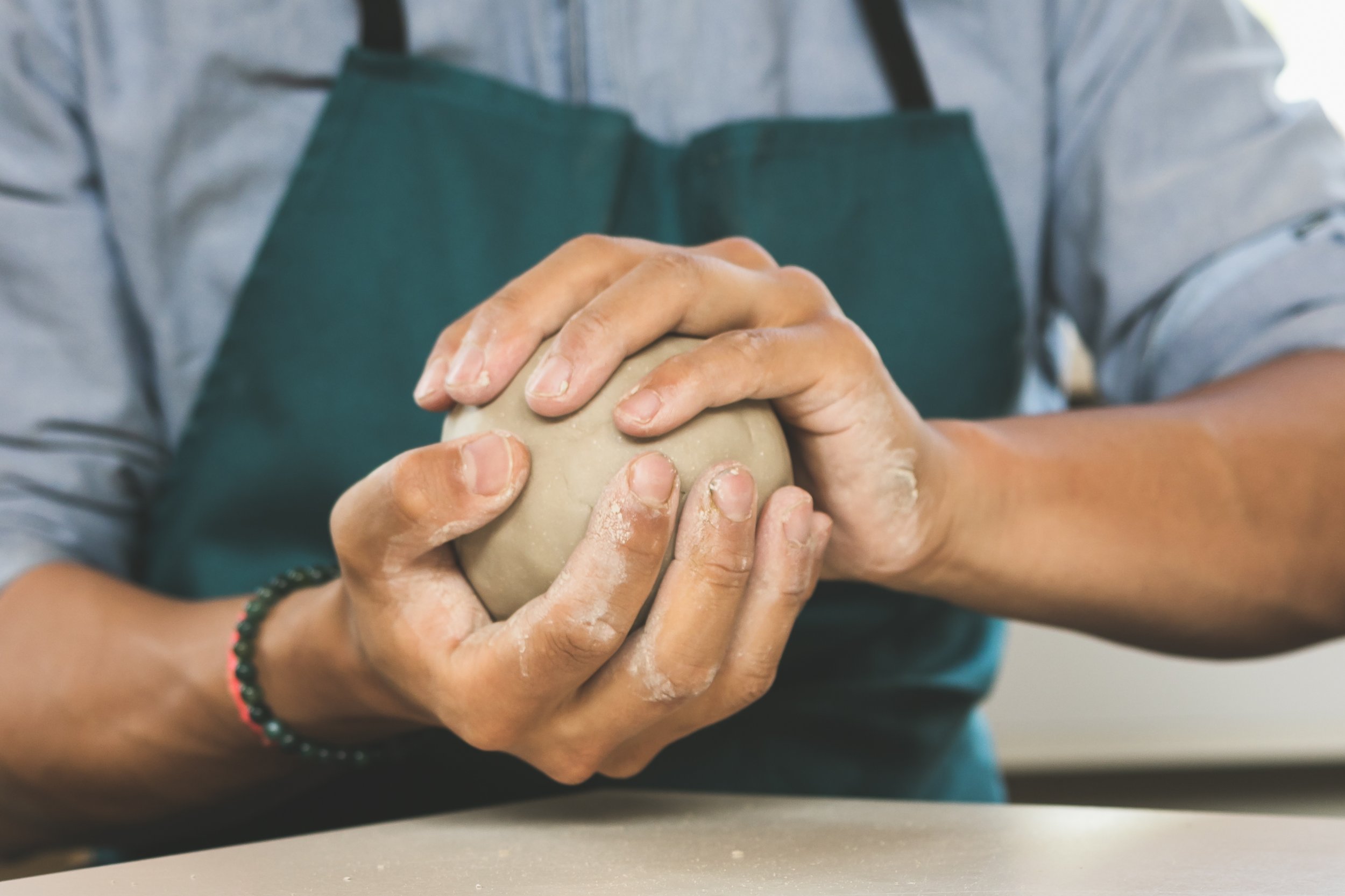
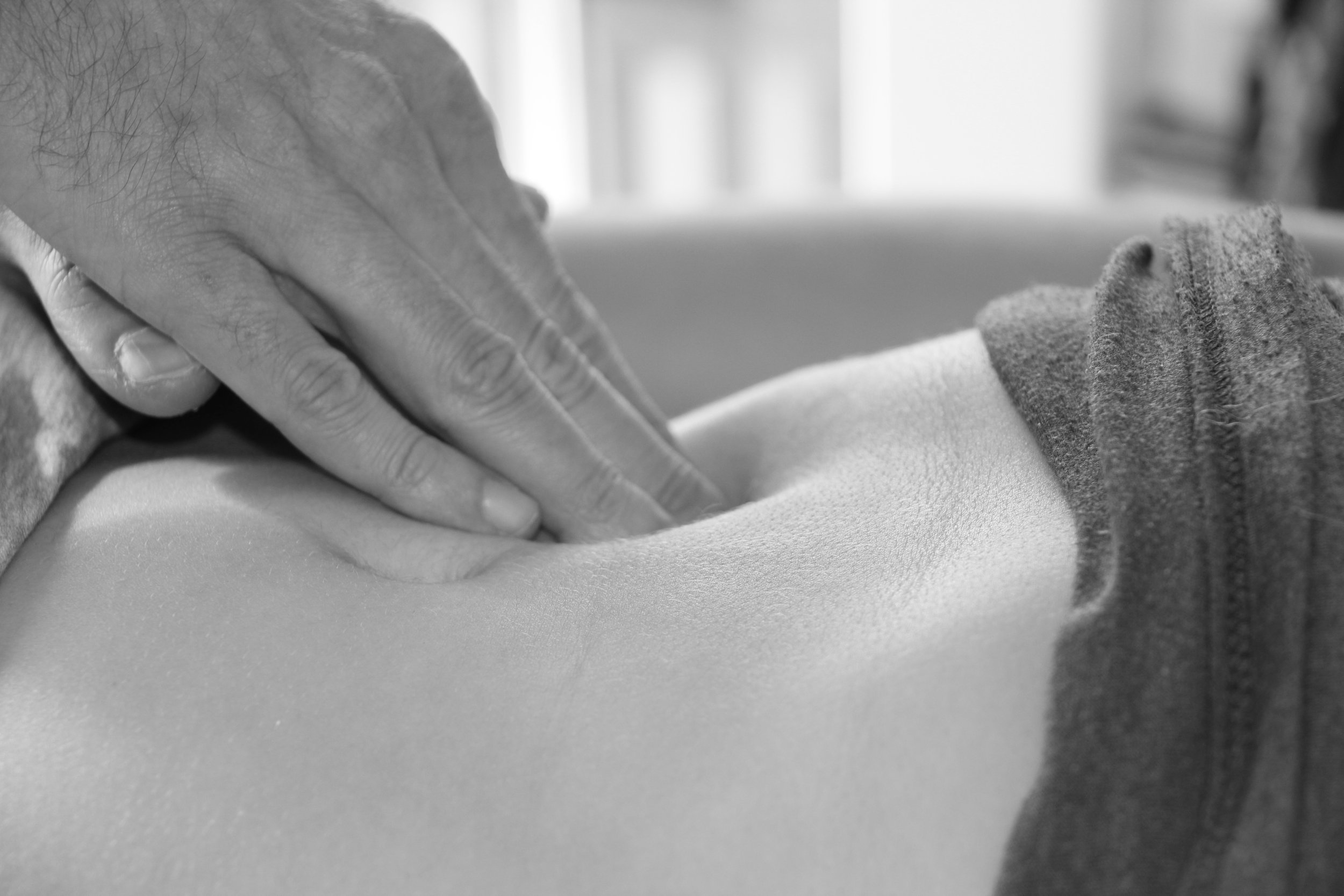
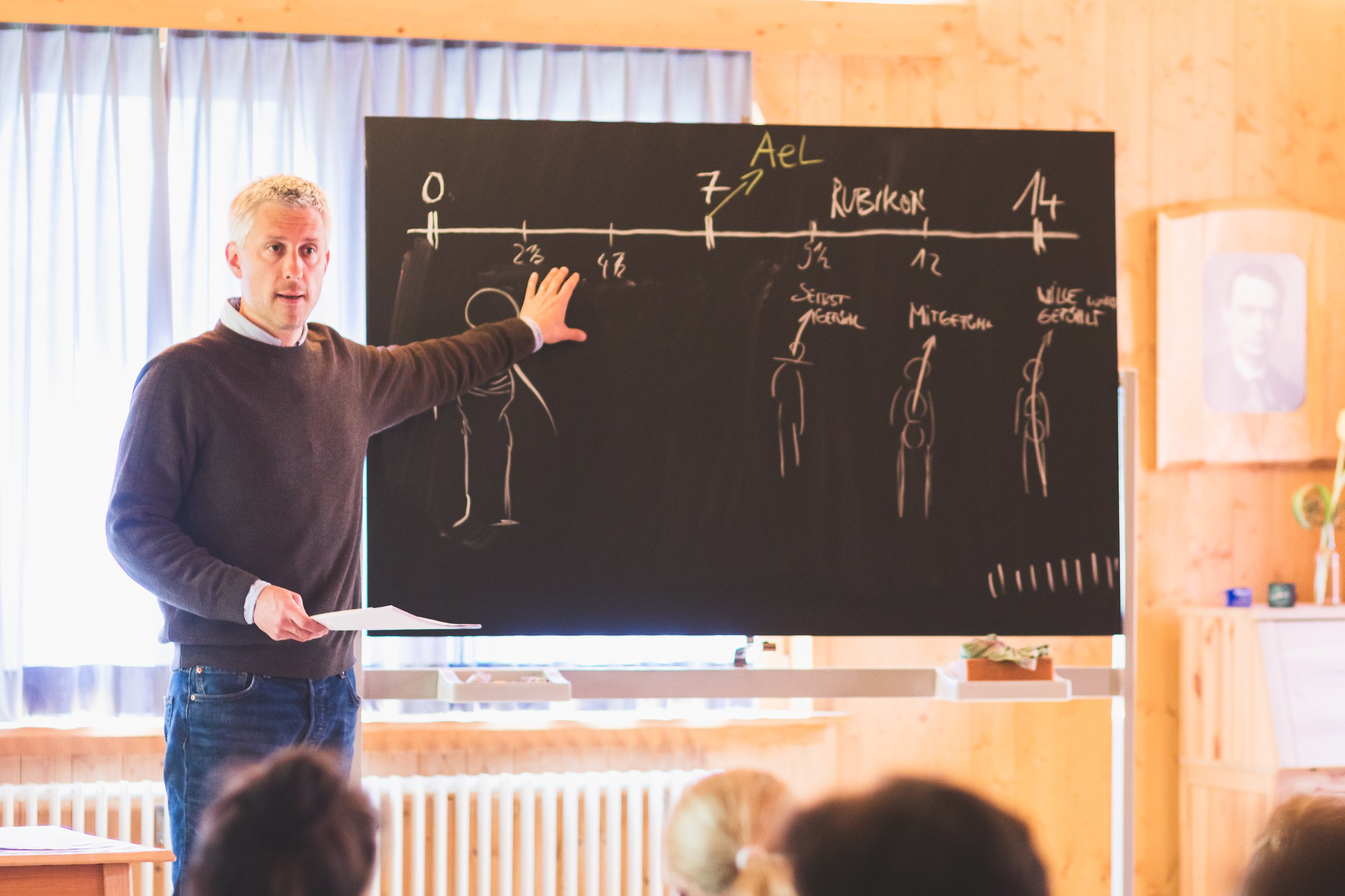
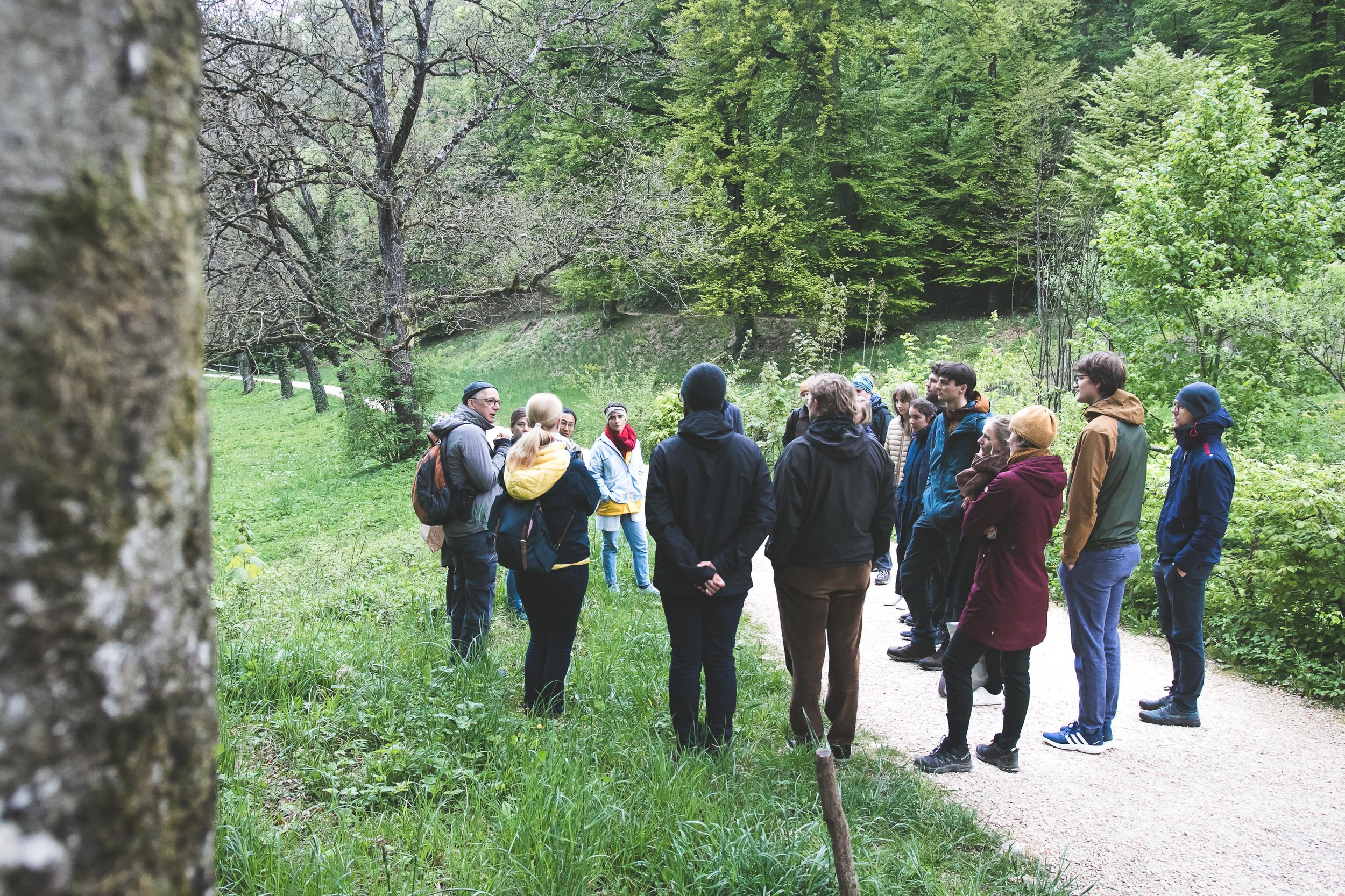
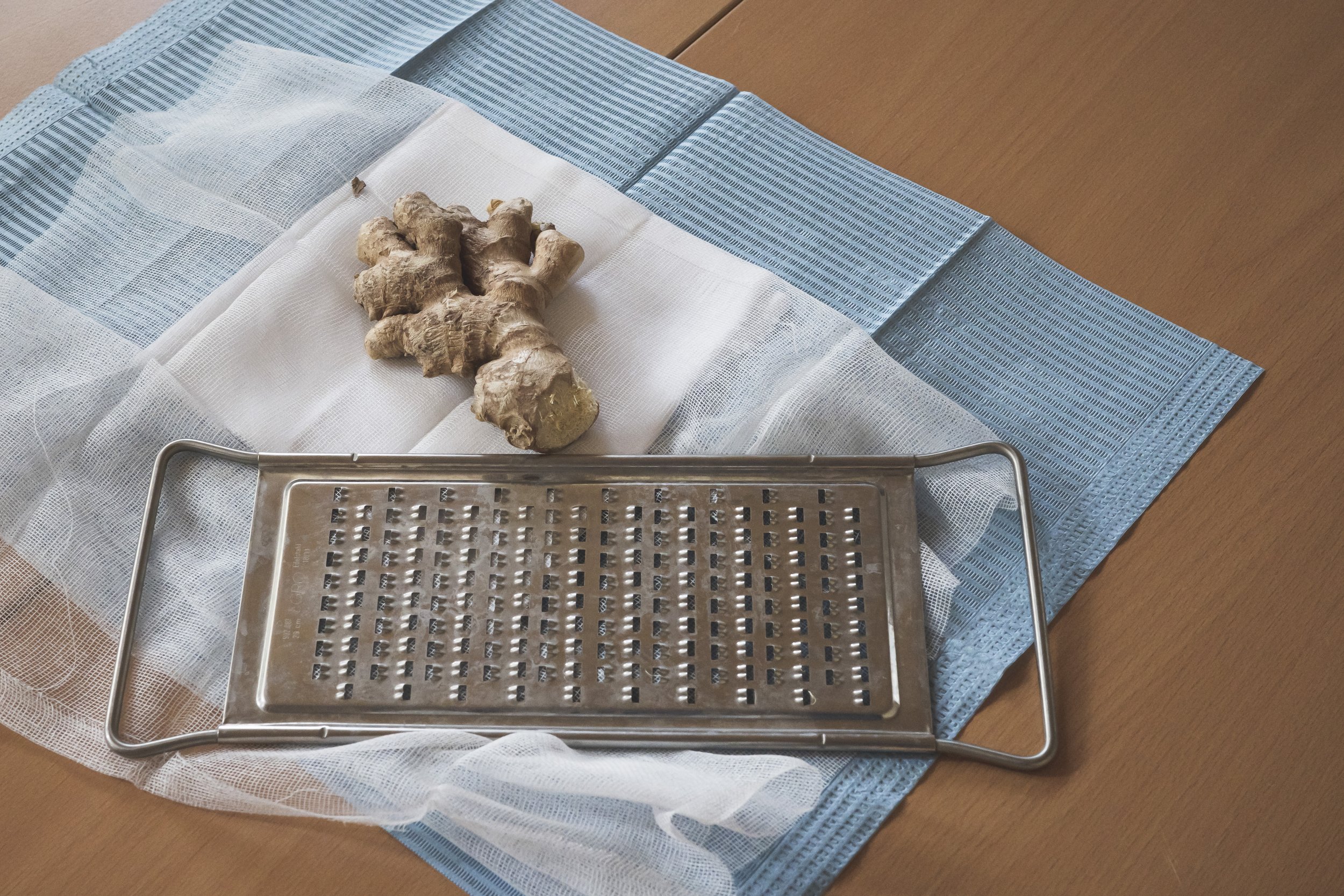
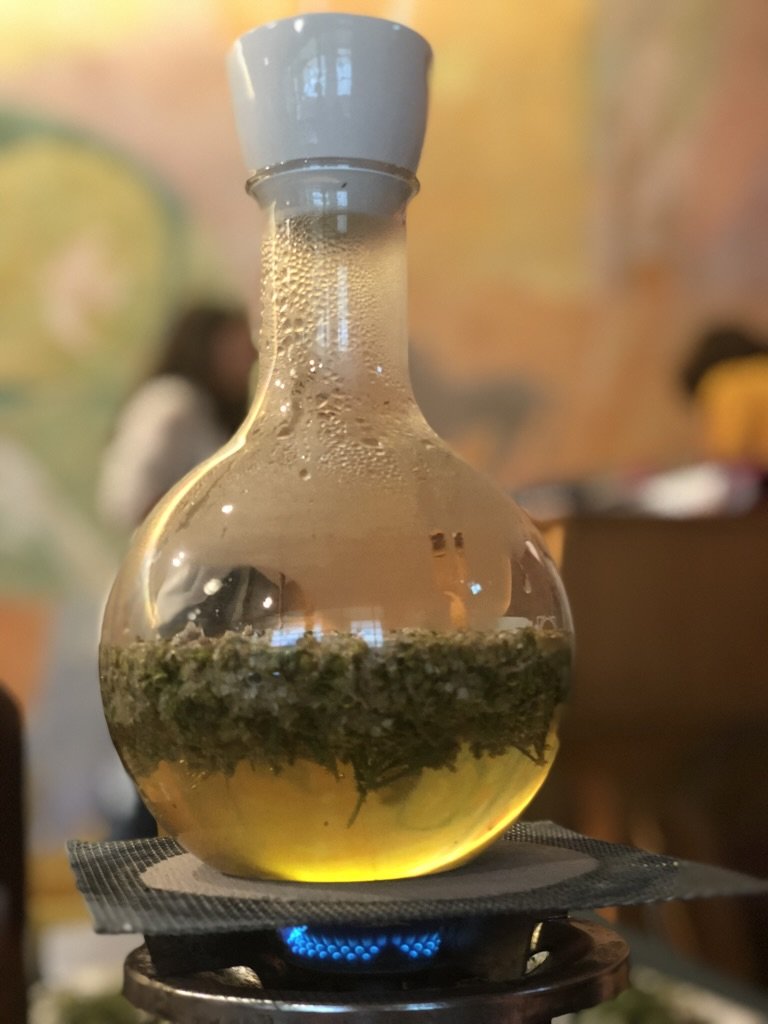
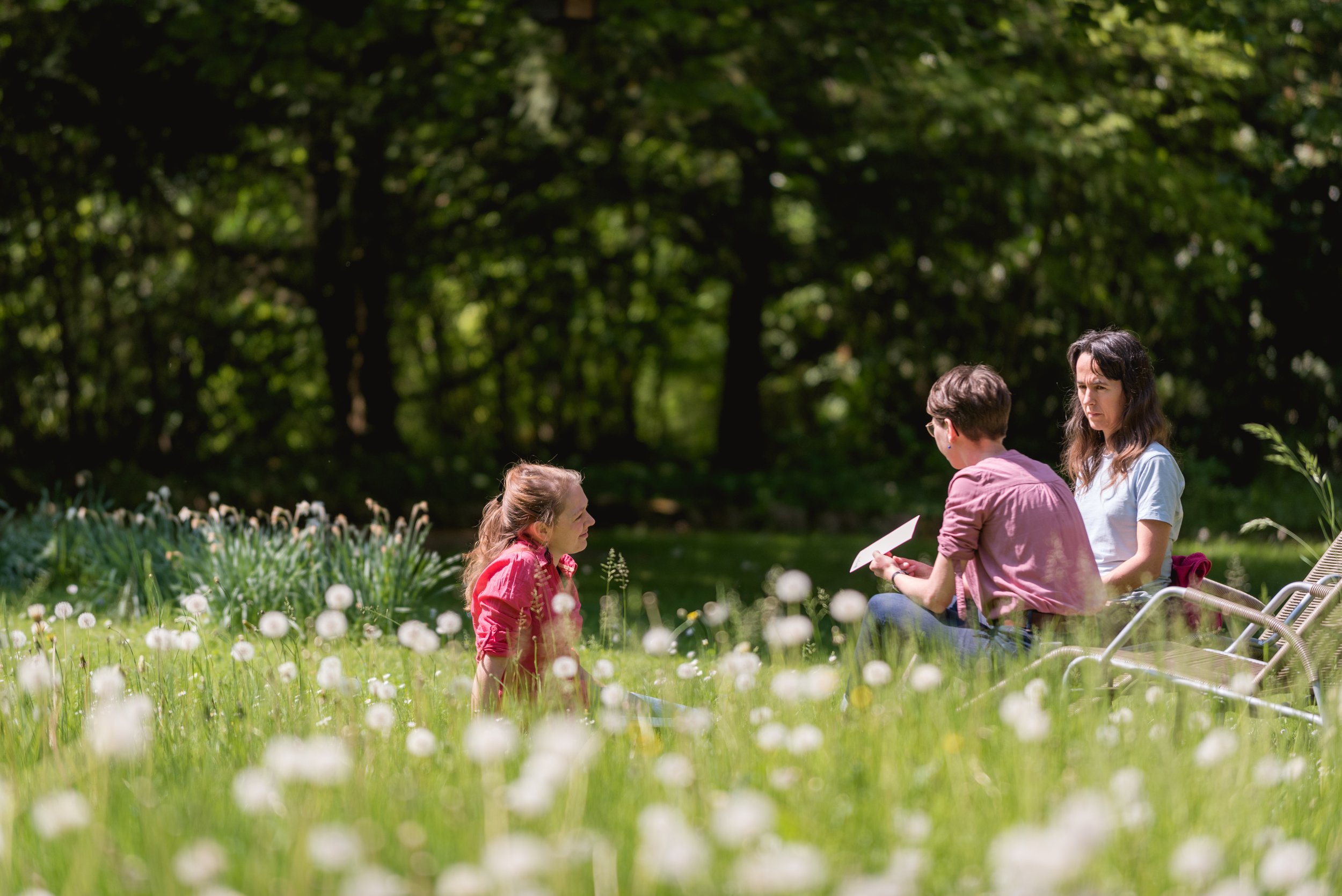
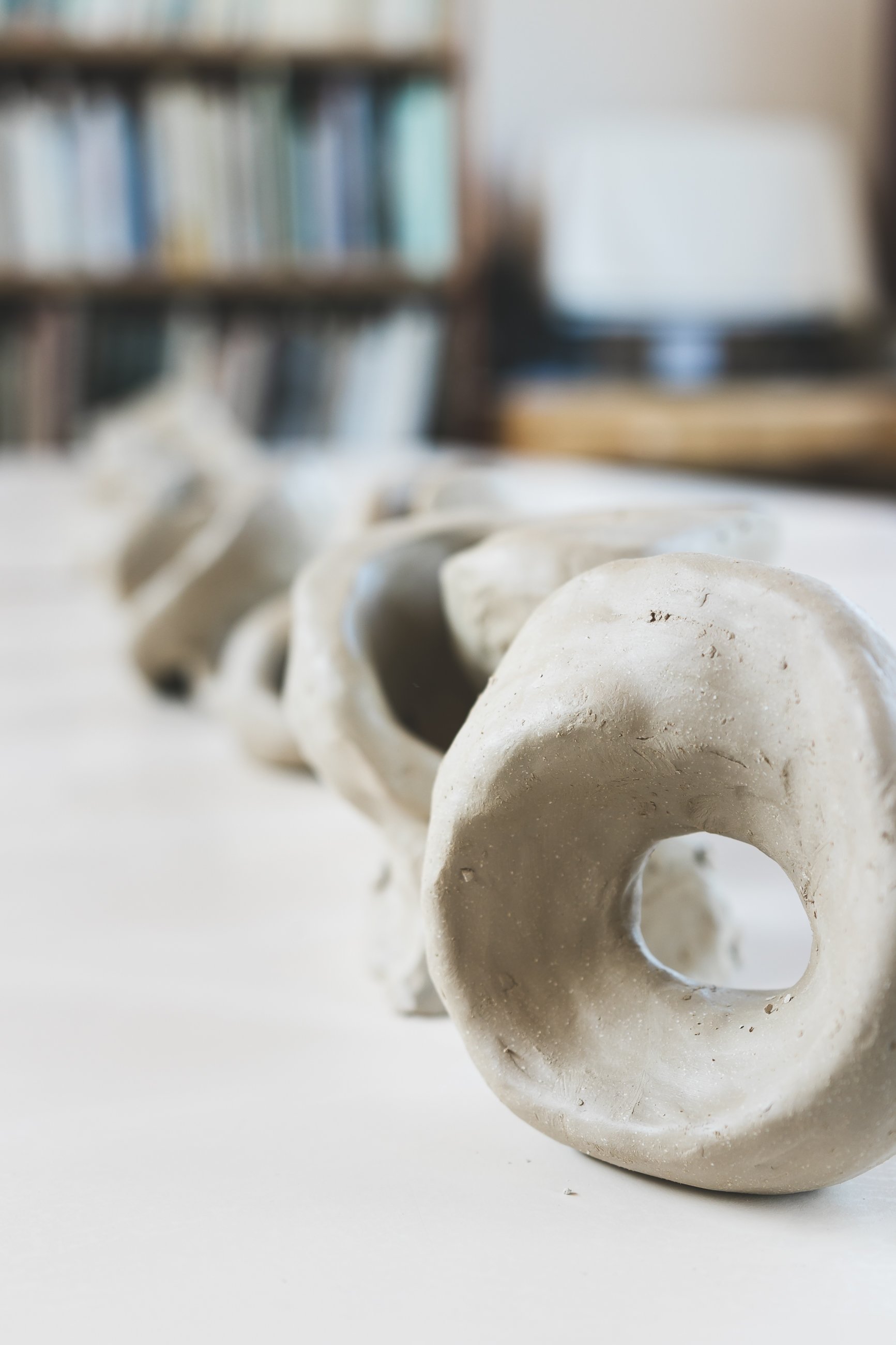
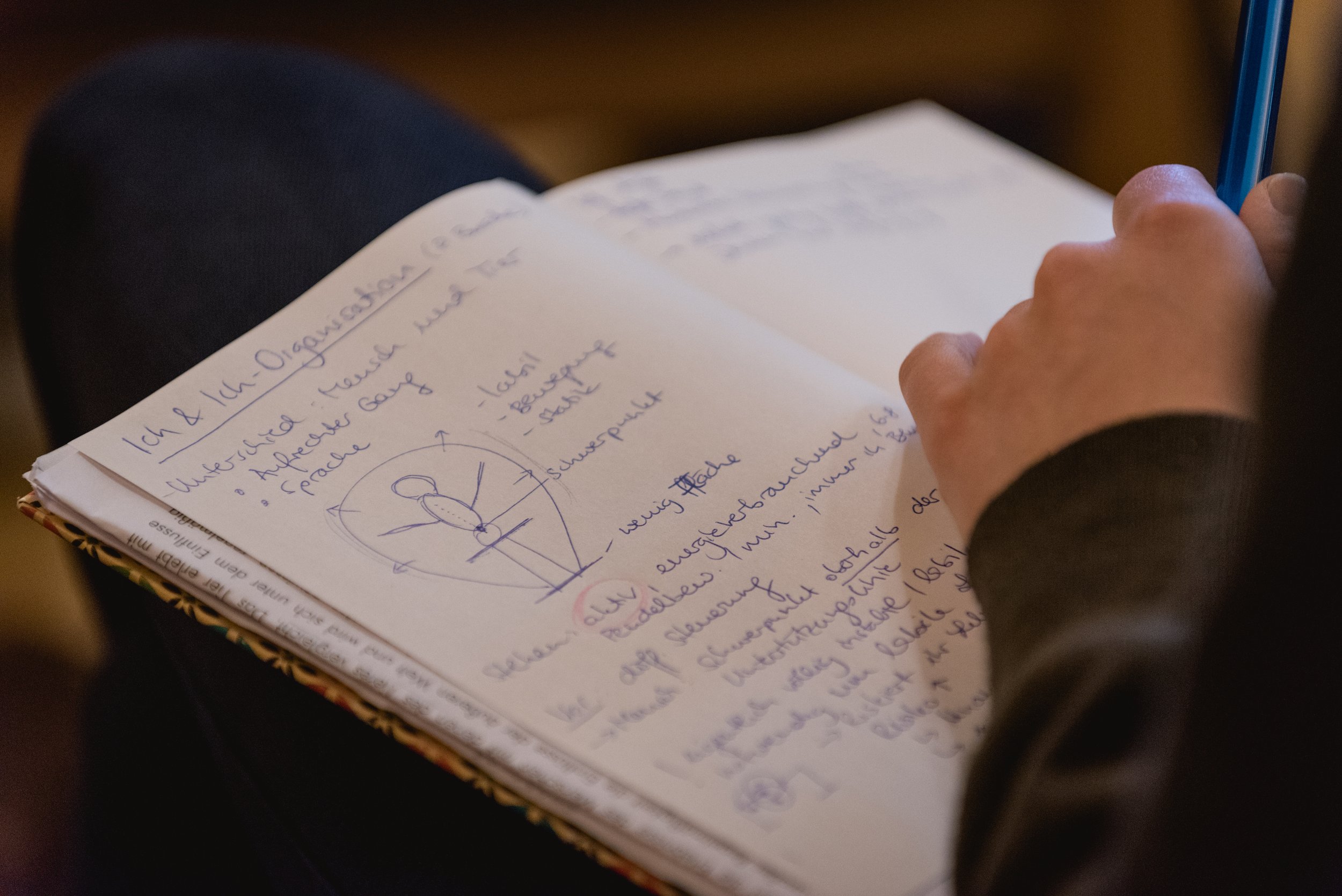
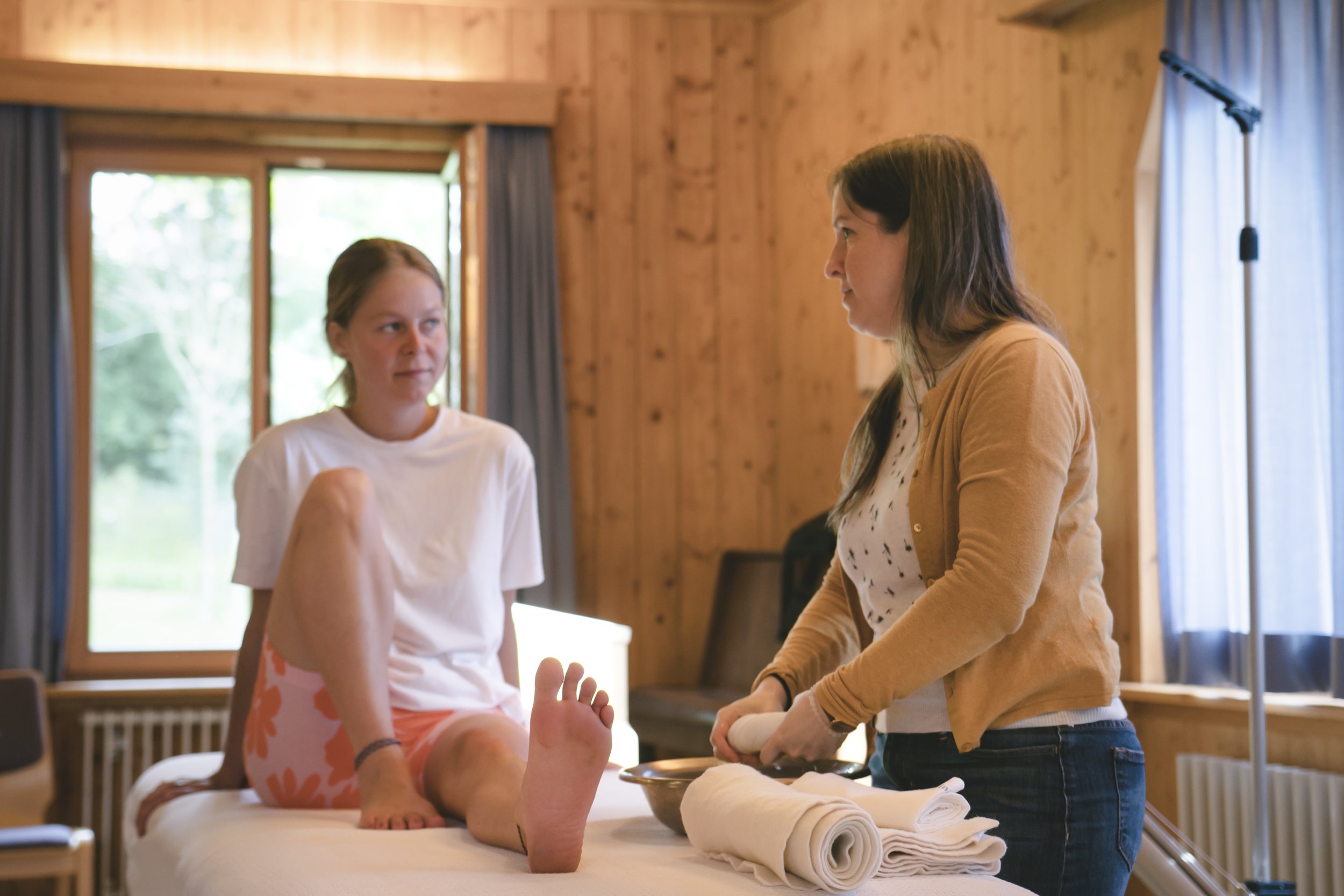
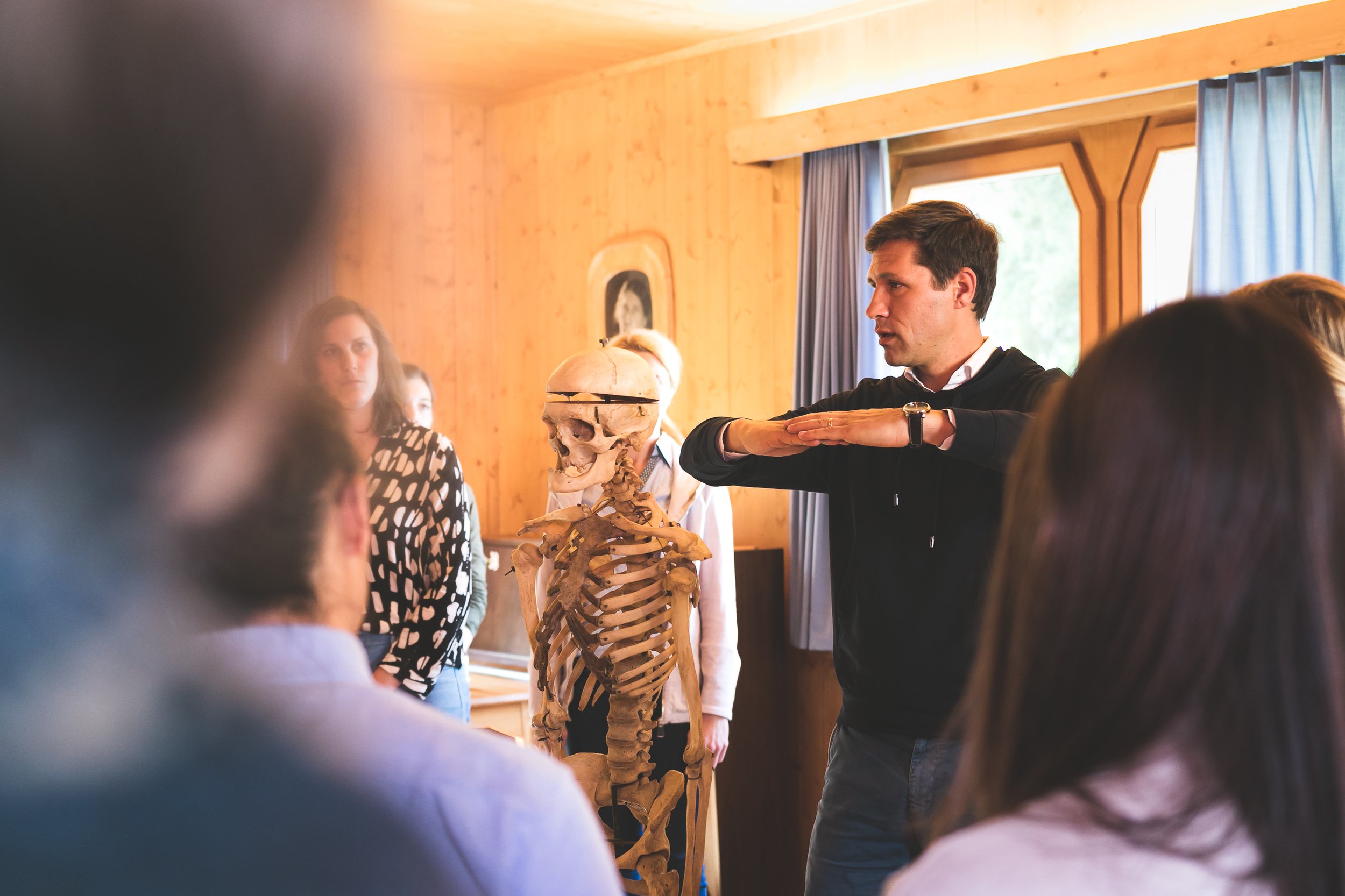
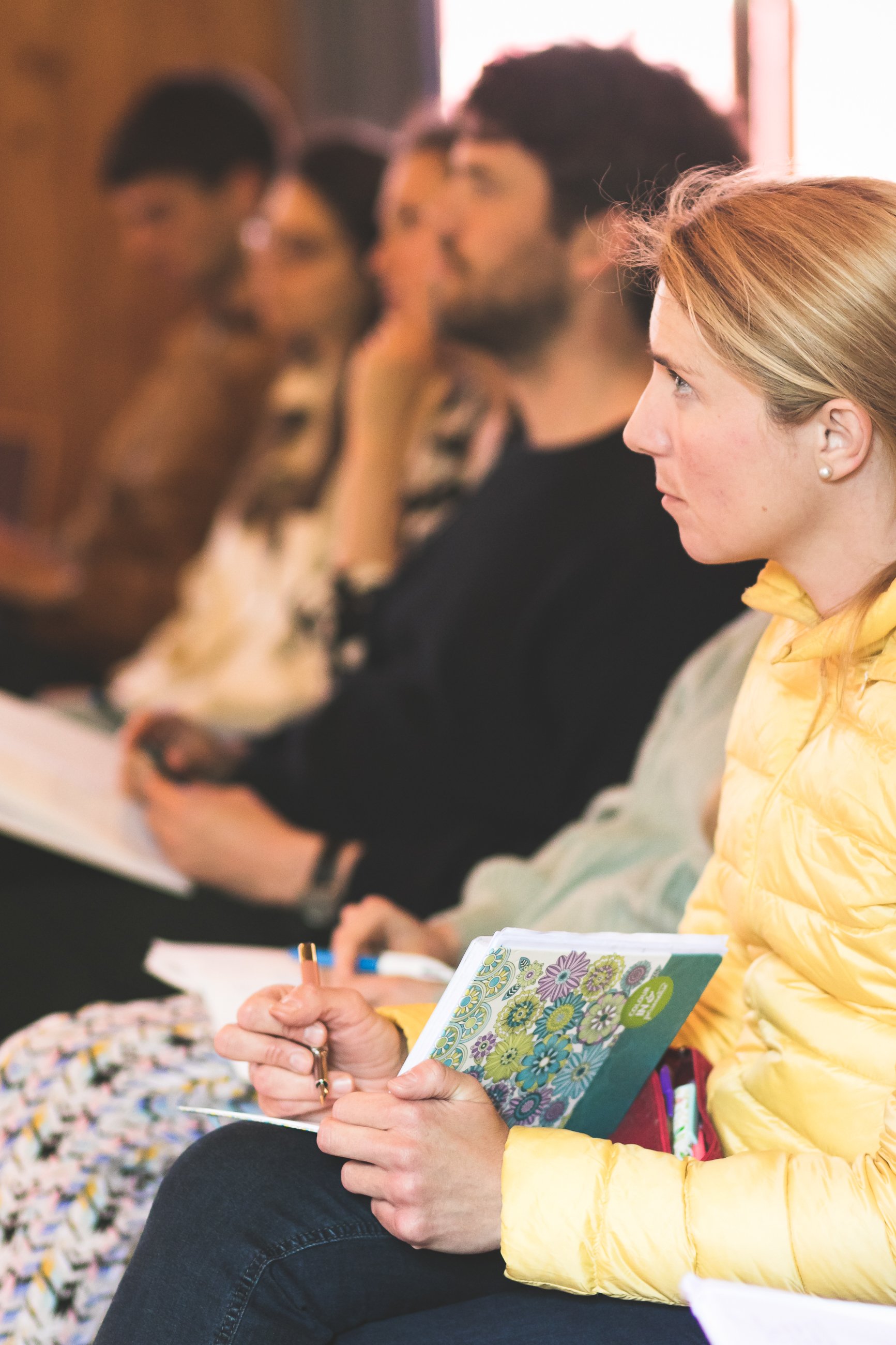
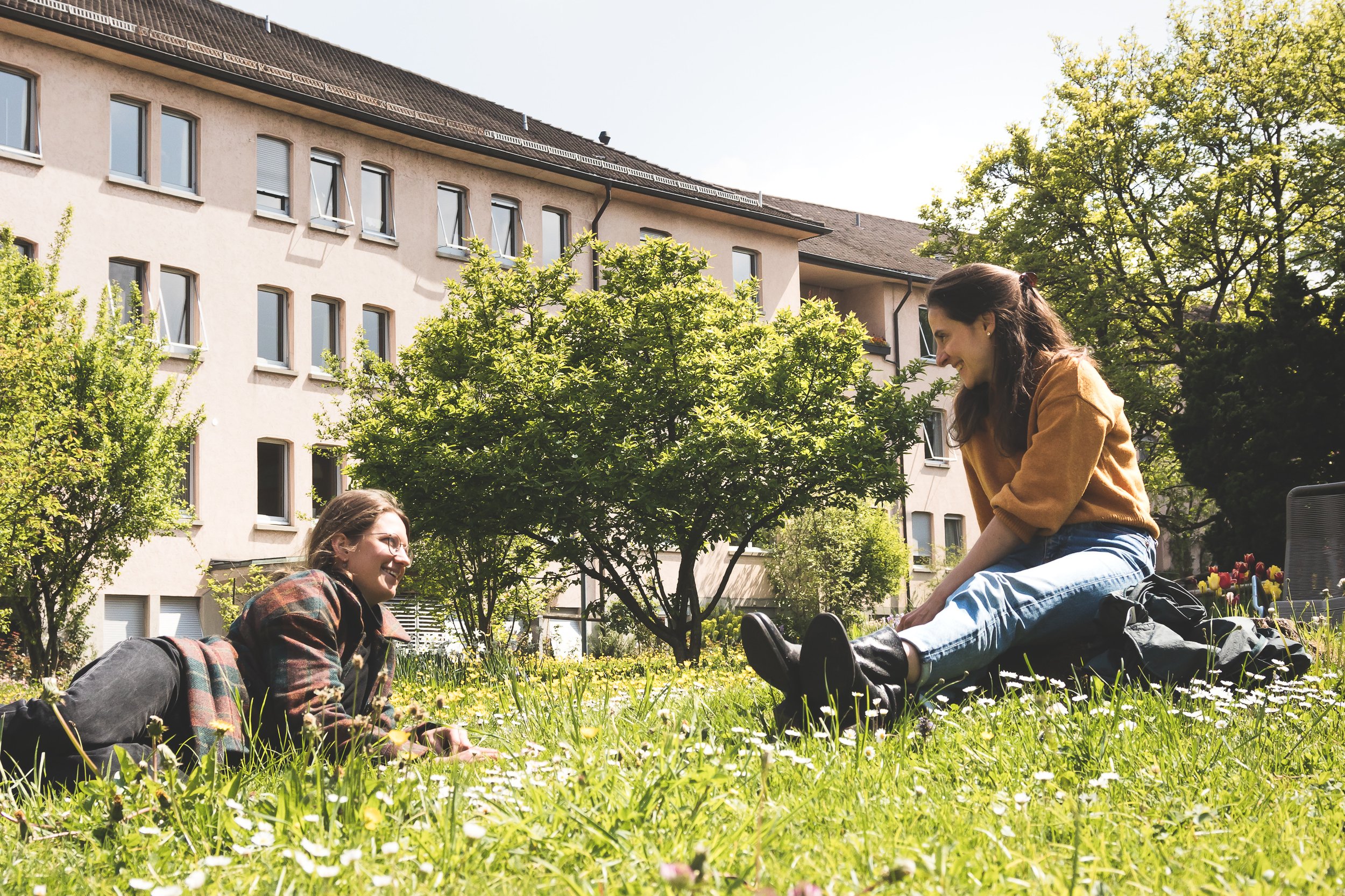
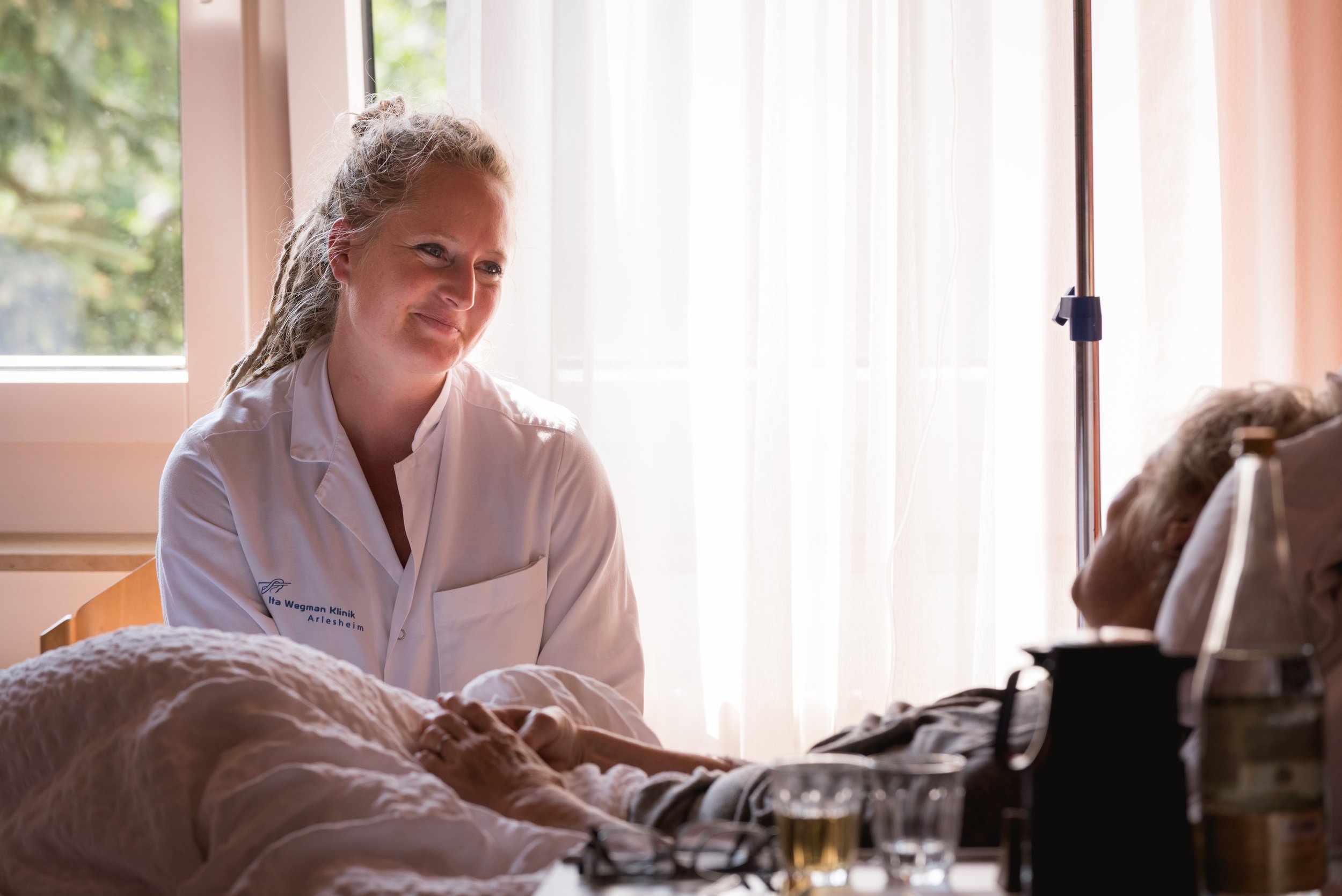
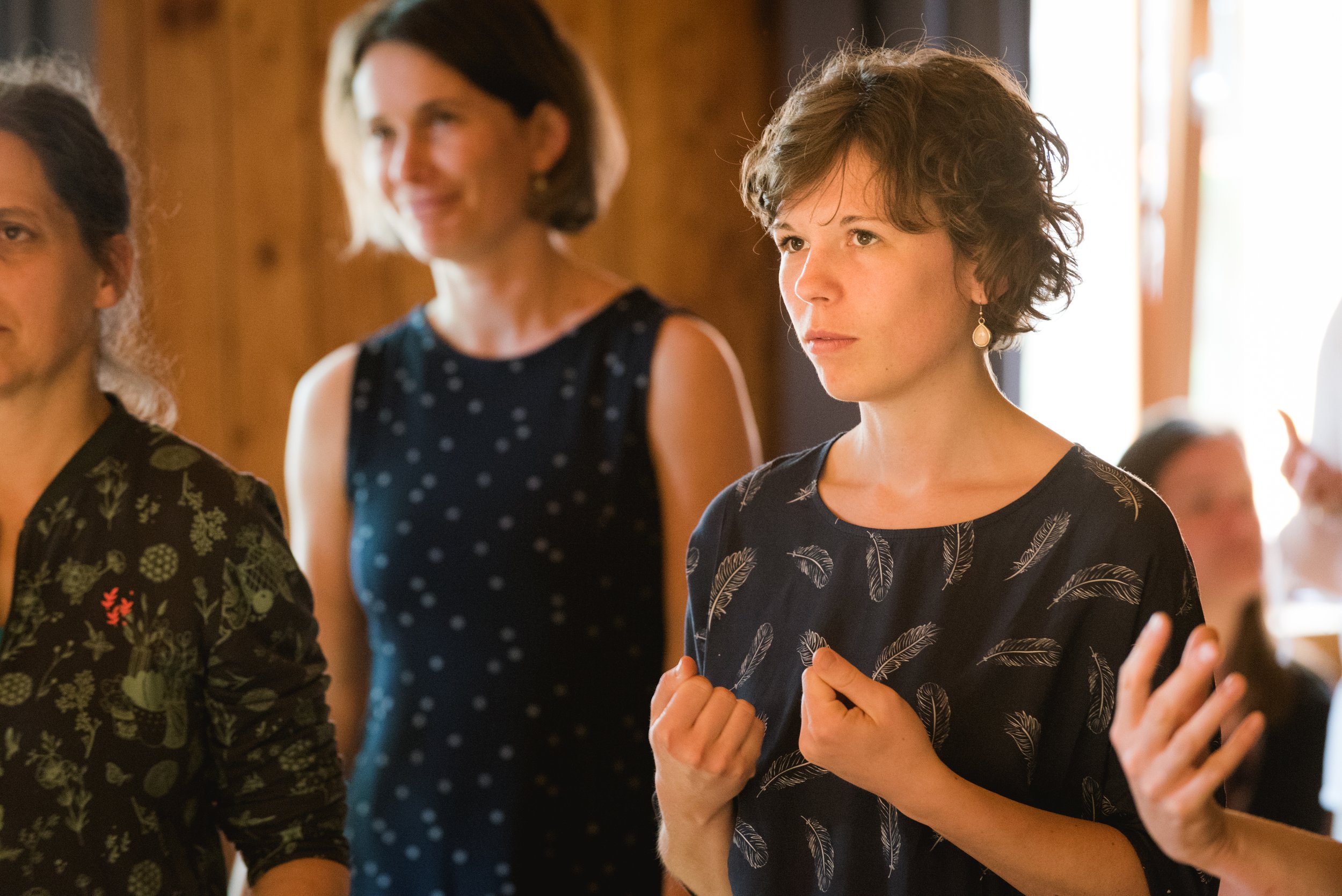
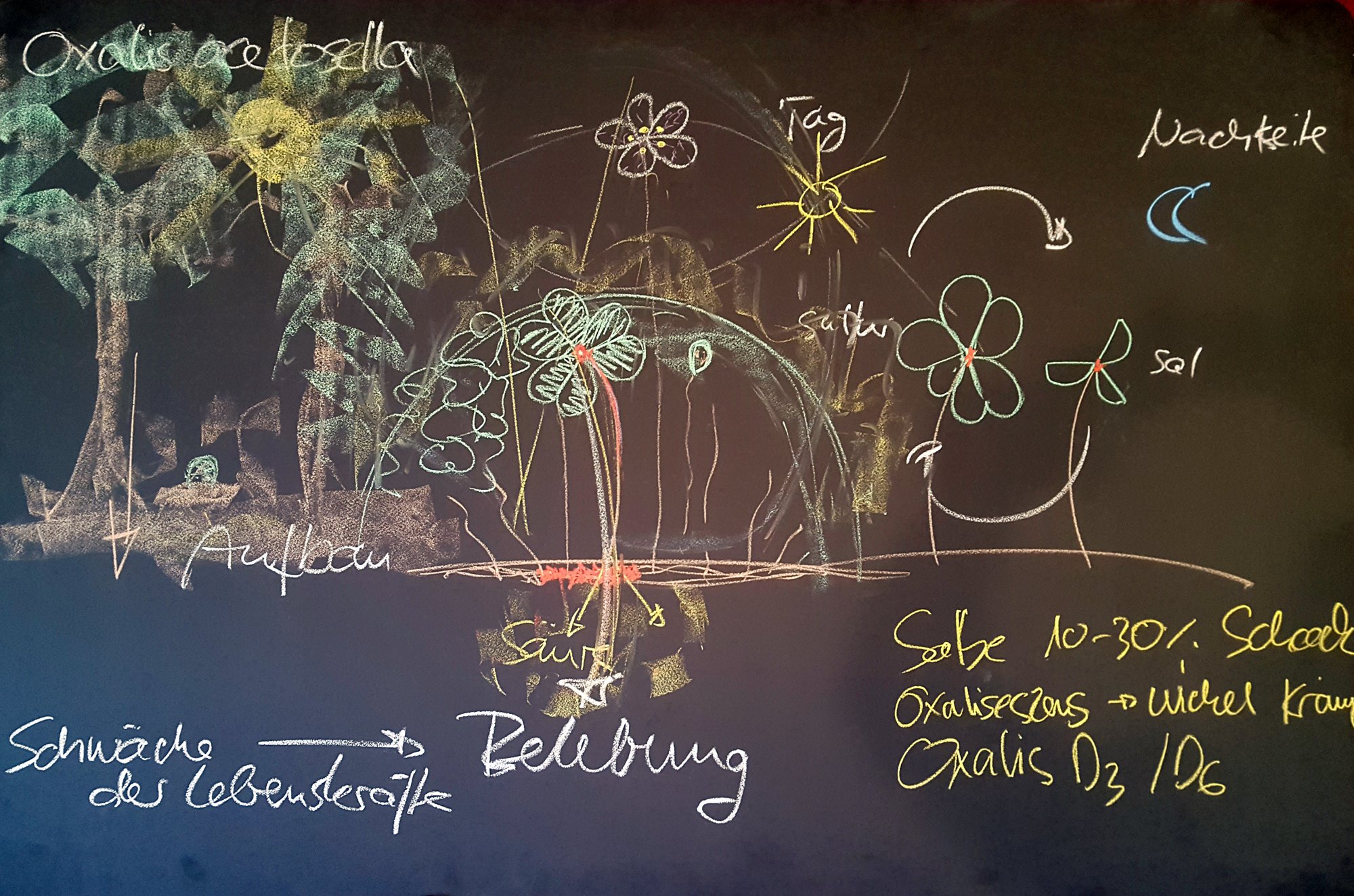
Content structure
-
Who or what is the human being? What do we understand by body, soul and spirit and in what way can we experience these dimensions of being human in ourselves? How can the phenomenon of being ill be understood and where can the forces of recovery be sought? In the course, the anthroposophical study of the human being is elaborated, in particular the so-called four members of the being, the functional tripartite structure and the corresponding individual constitutions and temperaments. In the clinical context, this expands our understanding of disease, which we develop on the basis of the major organ systems (intestine, heart, lungs, kidney, brain, liver, spleen). This results in a variety of new therapeutic approaches. In practice, anthroposophical anthropology finds its application in an expansion of anamnesis, diagnostic findings and diagnosis. In addition, an attempt is made to supplement the disease process with the psychosocial background and the individual biography of the patient.
-
The study of the kingdoms of nature, the four elements in connection with the cosmos, opens up a world full of healing substances and at the same time has a healthy effect on the student. Anthroposophical knowledge of nature can become the basis for the discovery of new remedies, thus complementing conventional concepts in an integrative way. In this strand, for example, plants are studied in small groups with regard to their possible therapeutic effects in nature and their pharmaceutical processing. This can be done particularly intensively during an entire "remedies week" in the Swiss mountains. Participants work with local medicinal plants on a daily basis and learn about pharmaceutical processing methods such as trituration, distillation and decoction on their own.
-
A humane medicine is based on the formation of interpersonal skills. In every encounter with our patients, skills of mindfulness, listening, compassion and conscious conversation are crucial. But also the work in the interdisciplinary-therapeutic team will be all the more healing, if the individual recognizes the points of view of the others and one supports each other. Socially, the social togetherness unfolds in the realization of a genuine health care system that focuses on the individual patient and sensibly aligns the various outpatient and inpatient offers, the financing and a sustainable health insurance system accordingly. This training strand aims to encourage reflection on and participation in shaping our health care system. A special focus is placed on the opportunities for interdisciplinary and integrative cooperation. and promote the training of interpersonal skills in the sense of heart medicine. Likewise, the self-reflection and the exchange of ideas among the participants should lead to the recognition of one's own scope of action and possibilities for action.
-
The medical profession always confronts us with the question of how to deal with illness, fate and death in a wholesome way. How to find the good here? How do I become a good doctor? In addition to the acquisition of professional knowledge and social competence, anthroposophic medicine opens up possibilities for the formation of inner abilities. Medical intuition in the sense of an increased ability to perceive and judge, an invigoration of feeling and an empowerment of the will for independent responsibility are central to this. They promote the inner freedom of the practitioner. The inner work on oneself is the focus of the first year of training, whereby the participants are given free impulses to occupy themselves with the exercises and meditations. In the second year of training the meditative deepening of medical and therapeutic contents is added. The more a person awakens to his or her own spiritual dimension, the more it can be experienced in the patient and become fruitful in diagnosis and therapy.
Office and organization: Iris Trachsel
E-mail address: info@akademie-arlesheim.ch
Phone: +41 61 705 7317

